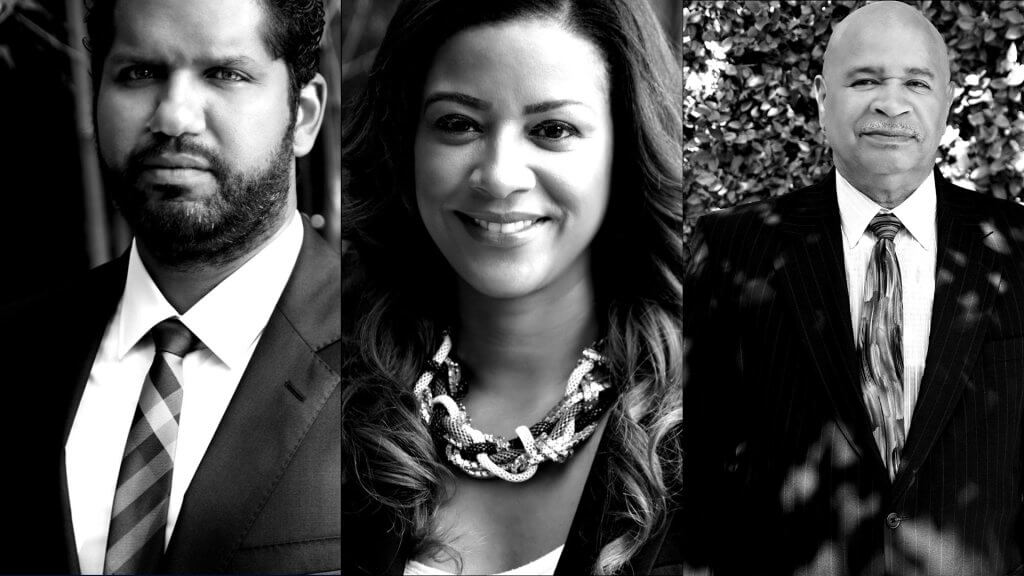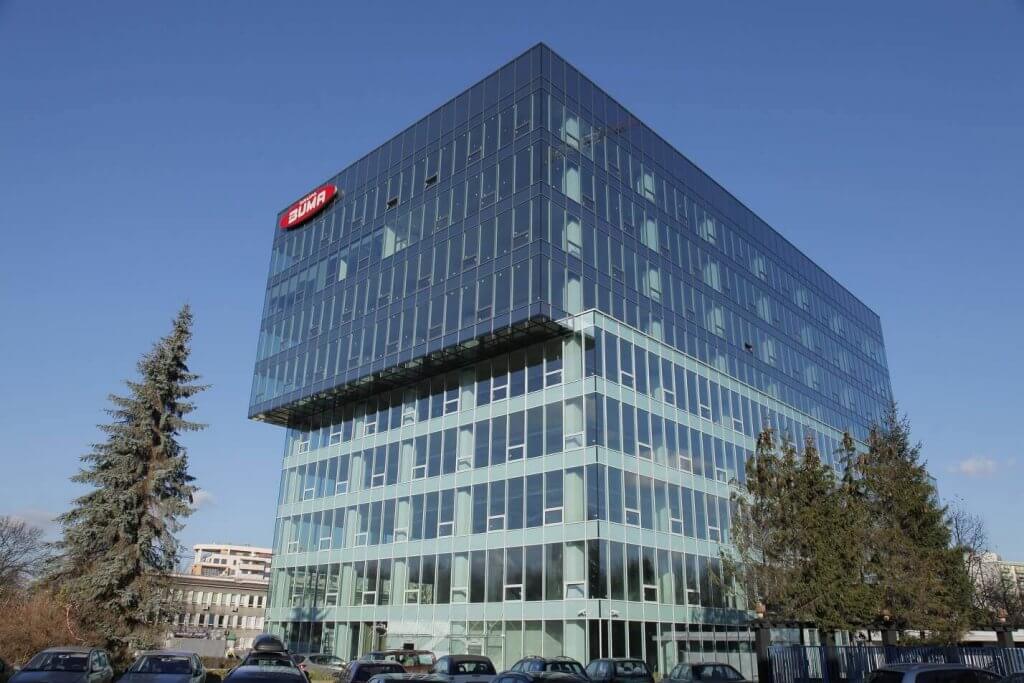
Distinguished in Dispute Resolution 2016 – Australia
I am a barrister, mediator and arbitrator. As a barrister, I appear in courts and tribunals in Australia and elsewhere. I am qualified to appear in Australia, England and Wales and New York.
During 21 years of practice as counsel, I have appeared in countless substantial civil applications, trials and appeals. That includes 17 appearances in the High Court of Australia, where I have had a 100% success rate in special leave applications. Over the years, I have also appeared in, or acted as mediator in, many mediations. I have appeared in arbitrations. I am also an Arbitrator myself.
I specialise in civil and commercial litigation, equity and public law. My main practice areas are contract, remedies, banking and finance, corporate/ insolvency, trusts, fraud and deceased estates, real property, intellectual property, private international law, construction, trade practices and consumer law, professional negligence, revenue law and constitutional/administrative/public law including in the field of migration. My interest in equity was fostered when completing the Bachelor of Civil Laws degree at Oxford, and a doctorate in law at Columbia Law School, New York.
Options available for resolving legal disagreements
The three main options are litigation, mediation and arbitration. In litigation, a dispute is ventilated in a court or tribunal, typically a judge whose decision is backed by the coercive power of the particular state.
Mediation is where the parties to a dispute appoint a third person to help them find common ground.
It is not the mediator’s role to impose a decision on the parties, but to facilitate their discussions to assist them in identifying their interests, to realistically assess their options and to achieve a compromise if possible. Arbitration is where parties agree to submit their dispute to an independent person(s) to make a decision which is final and binding.
Extent to which court action is supplemented by ADR
Mediation is commonly ordered by courts or tribunals as a step to be taken before it will finally hear and dispose of the case on its merits. Given the costs of litigation from start to finish, mediation is here to stay.
One advantage of litigation over arbitration is said to be that the parties do not have to pay for the tribunal.
But there are court filing and other fees, which are on the rise. Parties to a dispute may not want to mediate at a particular time or manner, or not at all. Mediation can be used as a tool alongside arbitration, just as it can be so used alongside litigation, but the mediator cannot force the parties to settle, and not all cases are suitable for mediation.
Arbitration is expanding particularly but not only in cases with international elements. The main advantages of arbitration over litigation are party control over who is appointed and the process; neutrality; it is a private process (and can be made confidential); fewer grounds of appeal than litigation; and it is often easier to enforce arbitral awards in another jurisdiction than it is court judgments at the present time.
Litigation growth today
Litigation is in decline over time, including cases that proceed to final judgment. Parties are looking for the most cost effective ways to resolve disputes. In this sense, mediation will continue to have a big role to play and arbitration is on the rise. However, arbitration is not the panacea for all ills.
Announced or completed resolutions
I became an Australian Nationally Accredited Mediator in 2010. From 2014, I have been a Fellow of the Chartered Institute of Arbitrators, and a National Councillor of the Chartered Institute of Arbitrators (Australian Branch). Since 2014, I have been admitted to arbitral panels of a number of arbitration institutions in Australia, New Zealand, Singapore, Kuala Lumpur, Vietnam and Mauritius.
In 2015, I expanded the global reach of my practice by being called to the Bar of England and Wales having sat and passed the Bar Transfer Test in 2014. Notable results included achieving 91% on the Civil Evidence Practice & Procedure paper, and 89% on the Cross Examination advocacy assessment.
Challenges in 2016 and beyond
The need to provide cost effective dispute resolution services. The need to better integrate IT into our dispute resolution offerings, so that the legal sector understands the language of its clients and is not left behind.
Company: The Bar Association
of Queensland
Name: Stephen Lee
Barrister-at-Law
Nationally Accredited Mediator,
Arbitrator (FCIArb, DipICArb)
Email: [email protected]
Web: www.qldbar.asn.au
Address: Level 35 Santos Place,
32 Turbot Street,
Brisbane Qld 4000, Australia
Telephone: +61 (0)7 3221 4221





















